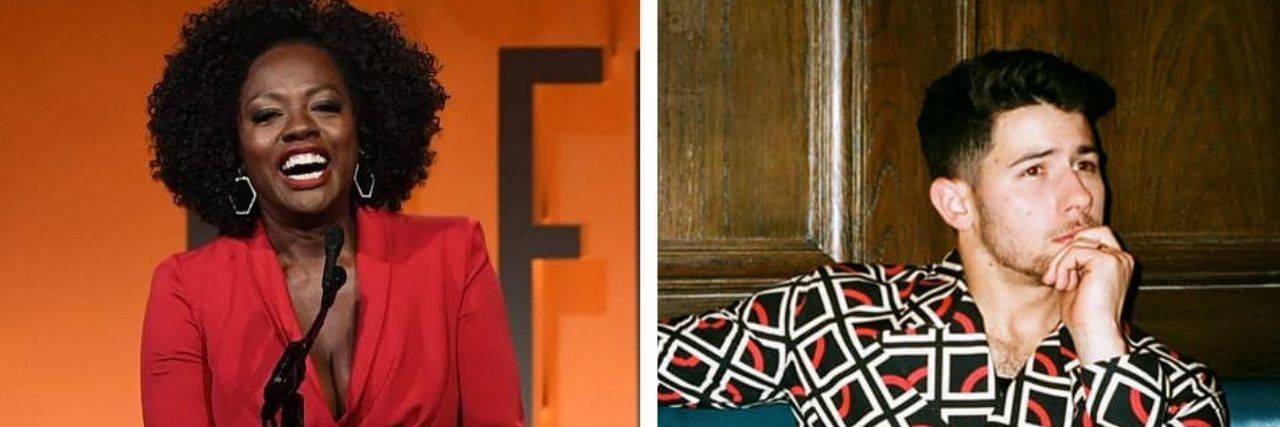Despite the fact that 100 million Americans now live with diabetes or pre-diabetes, the condition is still surrounded by confusion, misconceptions and flat-out wrong information. Part of the confusion surrounds the two different types of diabetes. Type 1 is an autoimmune disease that develops when the body stops producing insulin, meaning your body can’t process the sugar in your blood so blood sugar levels go dangerously low and high. It is treated by carefully tracking your blood sugar levels and injecting insulin to keep levels in a healthy range. There is no cure and no way to prevent the disease. In type 2 diabetes, the body either doesn’t produce enough insulin, or it resists the insulin that is produced. This leads to blood sugar levels that are too high, and can also sometimes dip too low. It is caused by a combination of genetics and lifestyle factors and can be managed with diet, exercise and medication.
Still, people often make assumptions about why you have diabetes and how you “should” be treating it. If you have diabetes, you probably hear the same frustrating misconceptions over and over again — which can make it exciting when a public figure who also has diabetes sets the record straight. Celebrities have big audiences, so it’s important that they use their platforms to speak out and share the truth about diabetes.
Below, we’ve rounded up seven celebrities with diabetes who cleared up common misconceptions about the condition.
1. Viola Davis

“[Misconceptions are] that people cause it themselves, they didn’t take control of their lives, they eat too much sugar, and they’re overweight and fat. That’s it’s not a big deal. Those are the biggest misconceptions.”
In addition to have two sisters, a great aunt and grandmother with diabetes, Viola Davis is pre-diabetic herself. She recently narrated the documentary “A Touch of Sugar,” which shares the stories of people coping with diabetes and busts the misconceptions that often surround diabetes. In an interview with Newsweek, Davis said she hopes the biggest takeaway of the documentary is that self-care is not selfish. Even though she has many family members with diabetes, she said she didn’t know what to do when she found out she was pre-diabetic.
As Davis explained in her quote above, people often assume type 2 diabetes is simply the result of eating sugary foods. But whether or not a person develops type 2 diabetes is also influenced by other factors including age and genetics, i.e. whether a family member has the condition. It’s also insensitive to assume someone with type 2 diabetes “isn’t caring for themselves.” They might also be struggling with other health issues or, based on the factors above, have different health outcomes than someone else who has the same lifestyle habits.
2. Bret Michaels
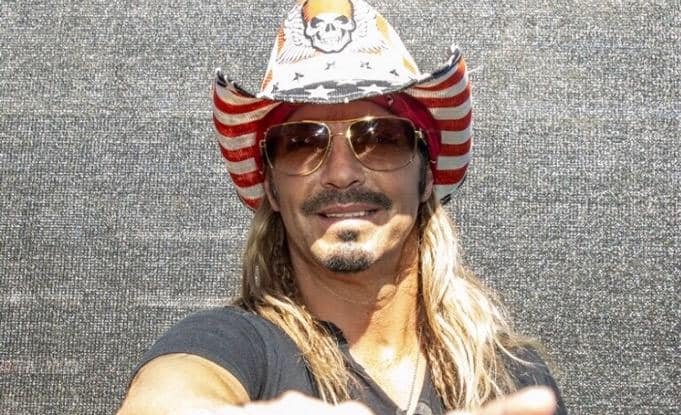
“Some of the families would not have their kids allowed to be around me because they thought if I was diabetic it was contagious.”
Bret Michaels was diagnosed with type 1 diabetes when he was 6 years old, and was the only kid at his school who had the condition. As a result, he dealt with a lot of confusion and fear from other kids and parents. In an interview with Yahoo!, Michaels said he just wanted to be a normal kid and do what everyone else was doing, but some families thought their kids could “catch” diabetes from him which, as we all know, is completely untrue.
This lack of awareness continued into adulthood for Michaels, who went into “insulin shock” while he was onstage in 1987 after his blood sugar level “dropped right out” from under him. Articles claimed he was using drugs, so he decided to go public with his diabetes. “Every time I get punched in the face, it motivates me to work harder rather than give up,” he said.
3. Mary Tyler Moore
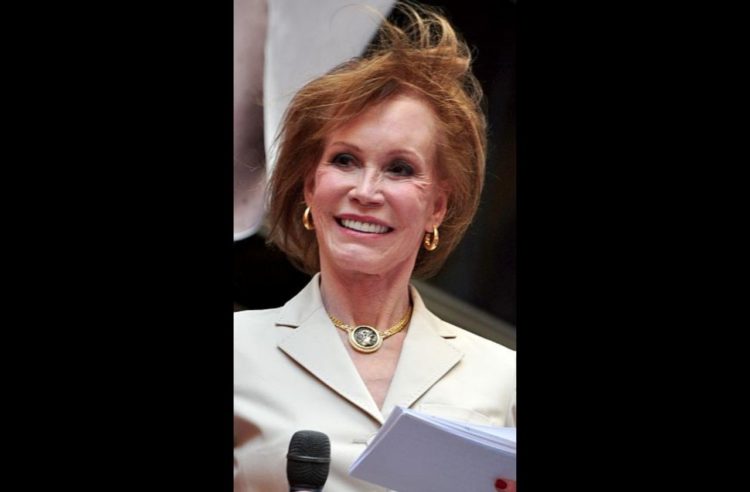
“I was incredulous at first. I was, after all, a very healthy and active adult, and I didn’t ever expect something like that to happen to me.”
Mary Tyler Moore was diagnosed with type 1 diabetes at age 33. She told MedlinePlus magazine in 2006 that the diagnosis took her by complete surprise because she had been very healthy. This is a common misconception about type 1 diabetes. As Moore demonstrates, type 1 diabetes is not caused by nutrition, weight or activity level, and there is nothing a person can do to prevent it or cure it. Until her death in 2017, Moore advocated for diabetes education and research.
“Initially, I wasn’t receptive to the regimen my doctors told me I had to follow. But they worked hard to make me understand that diabetes is a serious disease,” Moore said.
4. Nick Jonas
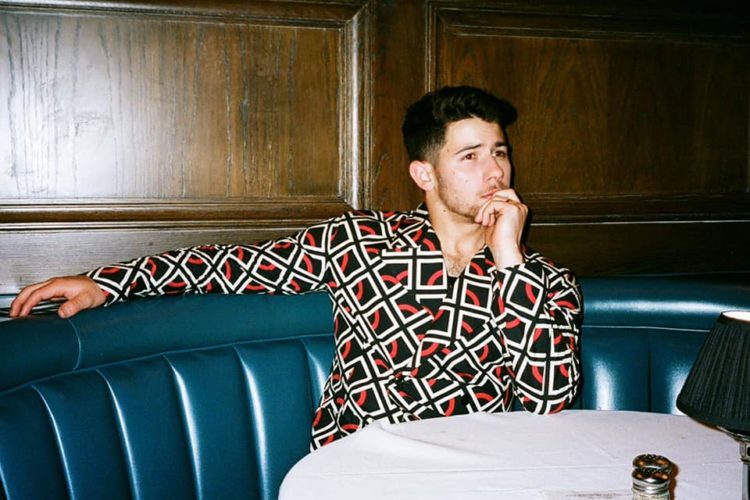
“Even when you think you have a really solid grip on how to manage it, there are times that your body just does what it wants. So be patient and don’t get frustrated.”
People often think that managing both type 1 and type 2 diabetes is completely in the control of the person with the condition — that it’s possible, even easy, to keep your blood sugar levels in check simply with diet or taking a couple of insulin shots a day. But as Nick Jonas explained, sometimes, your body will just do what it wants to do. For example, your blood sugar might drop for no apparent reason. It’s important not to beat yourself up. Remember that at the end of the day, you still have a chronic disease, so it’s understandable if your health isn’t perfect all the time.
“Don’t become discouraged. It’s tough, because it is such an unpredictable disease from day to day,” Jonas told MedlinePlus magazine.
5. Billie Jean King

“Just know that you can live a normal, wonderful, terrific, active life.”
Tennis legend Billie Jean King was diagnosed with type 2 diabetes at 63 years old. She told Health that she manages her condition through diet, exercise and medication. She also said she has diabetes in her family, and dealt with an eating disorder which she believes may have led to her diagnosis. Still, in an interview with Ladies Home Journal, King reminded others that people with diabetes can still live full, active lives. People with diabetes may feel like others doubt their abilities and think of them as a “sick person,” when people with diabetes go to school, work, exercise and have friends just like anyone else.
“You can live a great life with the disease, but you have to pay attention and do the right things to manage it,” King told Health.
6. Sam Talbot
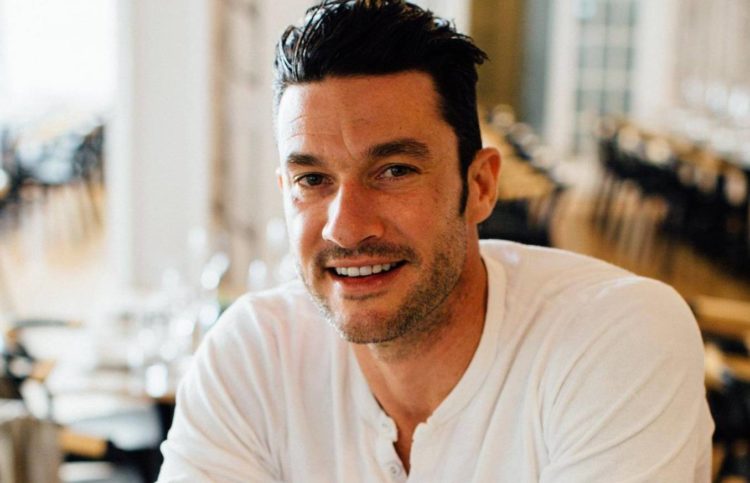
“When I say there’s no food that’s off limits, there really isn’t. You just have to have that desire to go out and find alternatives.”
One of the most frustrating things people with diabetes hear is, “Are you allowed to eat that?” Restauranteur and former “Top Chef” contestant Sam Talbot has type 1 diabetes and has been open about how he approaches his own diet: by not completely depriving himself of his favorite foods, and searching for versions that won’t affect his blood sugar as much. As he told Diabetes Health, there’s always a way to enjoy your favorite food and maintain healthy blood sugar.
If you know someone with diabetes, remember that it’s not your place to question their food choices. There are many ways to enjoy good food while managing diabetes.
7. Sonia Sotomayor
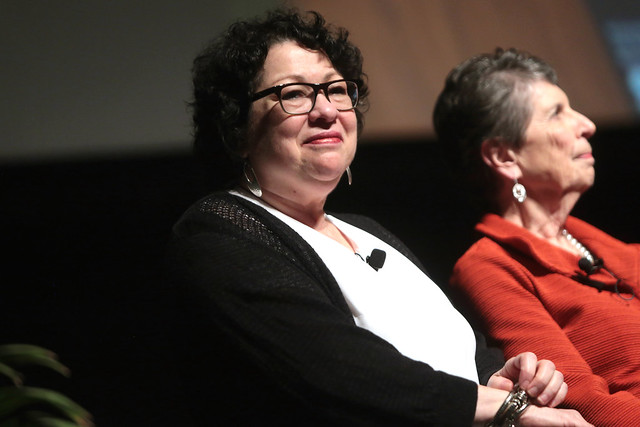
“There’s something wrong with my keeping from the people who I most love, and who most love me, something that is a critically important part of my life.”
Supreme Court Justice Sonia Sotomayor was diagnosed with type 1 diabetes when she was 7 years old but told Diabetes Forecast that as a child and young adult, she didn’t talk about her diagnosis with friends and acquaintances. She said at that time, in the 1960s and ’70s, “diseases of any kind were secrets.” She thought people might think she was damaged or unclean. Finally, after experiencing a low during a party, she had an epiphany that she needed to let her friends help her and let her loved ones into her life.
Though people tend to be more open about their diagnoses now, it can still be nerve-wracking to treat your diabetes in public. Some have even experienced being shamed for injecting insulin at the table at a restaurant. But as Sotomayor explained, you should never feel embarrassed about doing what you have to in order to take care of yourself. It’s the people who want you to hide who you are who need to learn to accept you.
When it seems like the world doesn’t quite understand what you go through, it can be reassuring to hear the stories and advice of others with diabetes. Check out these stories for more insight from the diabetes community:

